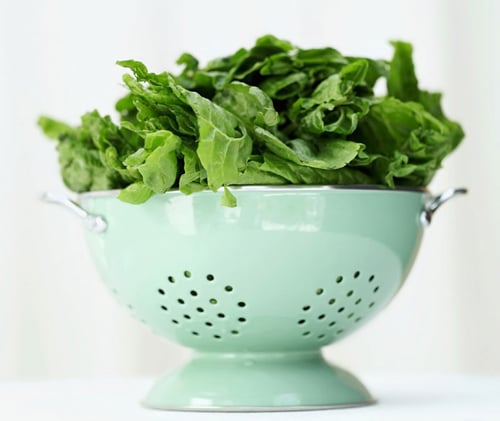Menu Planning
The list of allowed food and drinks
has a symbol by each food group to show if it is a protein (♦), a
limited carbohydrate (⋆), or a free carbohydrate (♥). Limited
carbohydrates are those with high glycemic index. The glycemic index is a
ranking of carbohydrate-containing foods based on how fast they make
blood sugar (glucose) levels rise. The higher the glycemic index, the
faster a food will increase your blood sugar, with pure glucose having a
rating of 100. Carbohydrates with a high glycemic index should be
limited and eaten along with a protein source.
When planning your
menu, you must make sure you have adequate protein intake to avoid
headaches. Avoid all carbohydrates at breakfast and for your bedtime
snack. It is critical that you drink at least 8 fluid ounces of water
with each meal and snack. You must eat every 3 hours while awake.
Remember, the in-between meal snacks are just that, a snack. You are not
eating because you are hungry; you are eating to control your
headaches. Do not exceed 5 servings (100 grams) of limited carbohydrates
per meal. Eating more than 100 grams of limited carbohydrate may
trigger headaches by causing a drop in your blood sugar. You may need to
increase the amount of limited carbohydrates to cope with increased
physical activity or excessive weight loss.
Those with special dietary needs should consult a doctor before making any dietary changes.
From the list
of allowed foods, choose 5–6 servings of protein (♦). You need to have
one serving for each meal and 1/2 serving for each snack.
From
the list of allowed foods choose 5 servings of limited carbohydrates
(⋆), no more than 20 grams per serving; try for less. You may have these
servings at any time except at breakfast and for a bedtime snack. Every
serving of limited carbohydrate must be eaten with a serving of
protein.
You
are allowed as many servings of free carbohydrates (♥)—vegetables as
you want. You need at least 5 servings a day for a healthy diet.
Allowed food and drink
Key to symbols:
♦ = protein
⋆ = limited carbohydrates
♥ = free carbohydrates
Beverages
Breads and grains
(no soy oil, soy additives, BHA/BHT)
Bagels
Corn tortillas
English muffins
Flour tortillas
French bread
French rolls
Hamburger buns
Italian bread
Muffins
Pita bread
Rye bread
Wheat and white bread
Cereals, crackers, and cookies
(without any soy or vegetable oil)
Dressings, sauces, jams, and vinegar
(no additives)
Fresh fruit
Treats
(limited quantity)
Dairy products
Meats, poultry, and seafood
(no additives)
Beef
Canned chicken
Chicken
Crab
Deli meats (chicken, roast beef, turkey without MSG and nitrates)
Fish
Fresh pork (no bacon or ham)
Lamb
Lobster
Salmon
Scallops
Shrimp
Steamed clams
Turkey
Veal
Water-packed tuna
Fresh vegetables
(or canned, no additives)

Miscellaneous
(no MSG or soy)
Baking/cooking spices
Baking powder
Baking soda
Bottled water
Caffeine (2 servings a day or less than 100mg)
Decaffeinated coffee
Dry baking yeast
Flour (unbleached, whole wheat)
Garlic (cloves, powder)
Honey
Oil (canola, corn, olive)
Onion (flakes, powder)
Pepper (all)
Purified tap water
Salt
Seafood cocktail sauce (no additives)
Shortening (no soy)
Spaghetti sauce (no additives)
Tabasco sauce (no additives)
Tomato juice (no additives)
Tomato paste (no additives)
Vanilla extract